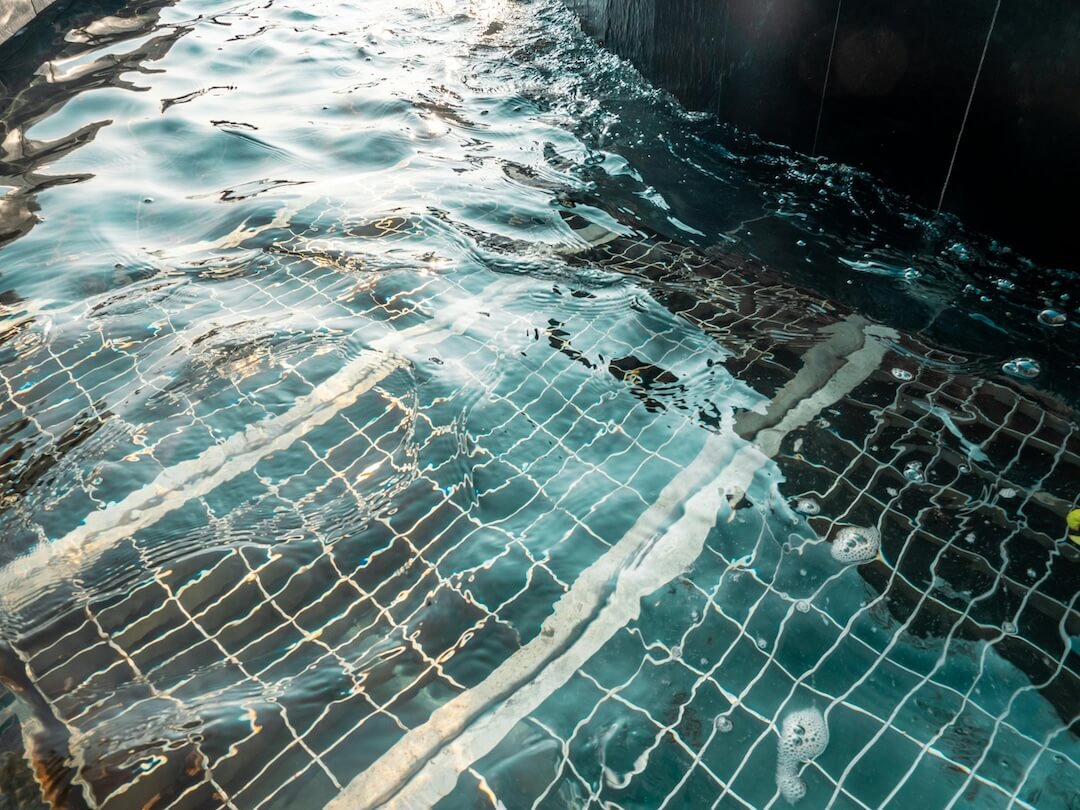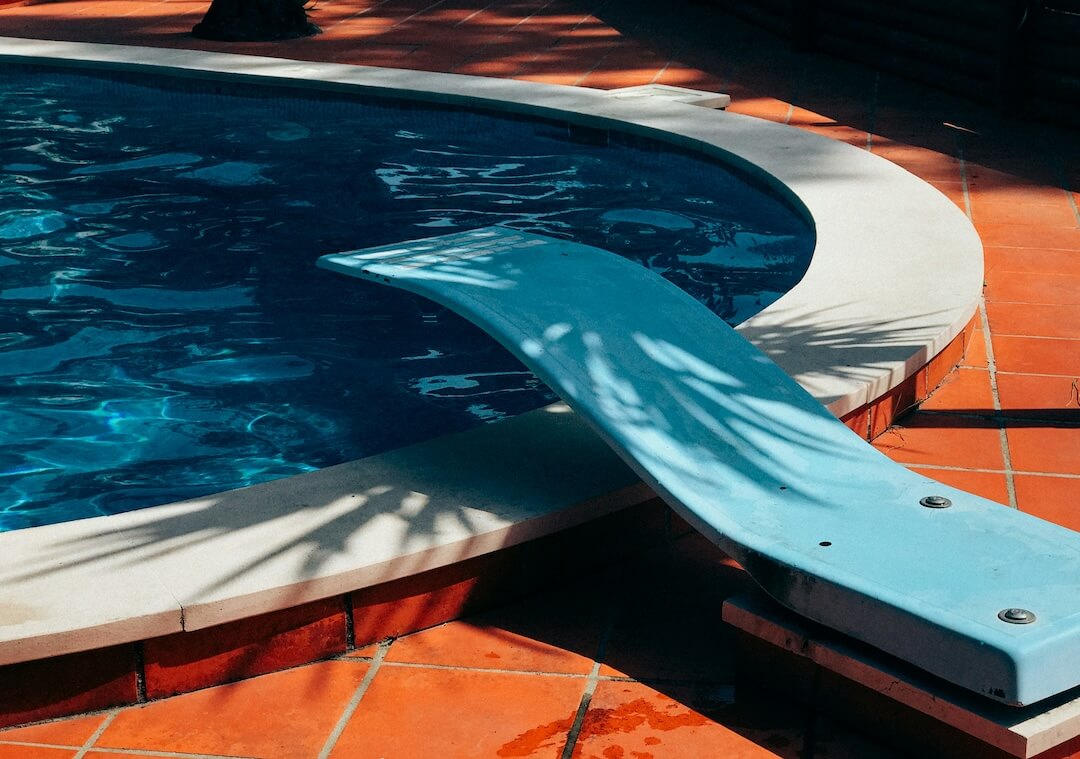In Allison Island, commercial pools rely on tightly controlled equipment rooms to keep water safe and facilities compliant. Our experts assess the entire room—from filtration gear to chemical storage—to prevent downtime, reduce energy waste, and safeguard guests. A rigorous equipment room inspection helps identify hidden risks, verify correct installation, and verify that maintenance plans align with regulatory expectations. This overview explains why timely inspections matter and how they fit into a broader program of preventive care for your aquatic operation.
The pool equipment room is the nerve center of a property's water safety system. A professional inspection looks beyond the visible components to detect hidden leaks, corrosion, improper venting, and miswired controllers that can create safety hazards or cause costly downtime. Florida's climate and code landscape require ongoing attention to ensure backflow preventers, chemical feed systems, and pump assemblies operate within design parameters. Our specialists bring a structured approach—visual checks, diagnostic tests, and documentation reviews—to identify risks before they become incidents. By approaching the room as an integrated system, we help facility teams avoid cascading failures that disrupt service, compromise water quality, or trigger regulatory notices.
A thorough pool equipment room audit starts with a careful assessment of space layout, ventilation, and access control. We examine how air moves through the space, whether exhaust fans operate correctly, and whether doors and panels seal properly to prevent heat buildup and moisture intrusion. The electrical backbone receives equal focus: main disconnects, properly labeled circuits, GFCI protection near water exposure points, and cleanliness of the panel area. Proper lighting, safety signage, and unobstructed access to emergency shutoffs are also part of our standard. In addition, we verify that chemical storage complies with MSDS guidelines, segregation of incompatible materials, secondary containment, spill kits, and a dedicated area for PPE. The goal is a safe, compliant room where first responders can act quickly if an incident occurs and where routine maintenance can proceed without unexpected interruptions.

In the testing phase, our experts calibrate and verify pump performance, confirm proper flow rates through filters and heat exchangers, and inspect pressure gauges and flow meters for accuracy. We inspect chemical feeders, pH controllers, ORP sensors, and controller logs to ensure automatic dosing aligns with the water chemistry targets. We check the condition of backflow prevention devices, test relief valves, and confirm that temperature and chlorine residuals stay within prescribed ranges. Documentation is reviewed for ongoing compliance, and maintenance records are cross-checked against manufacturer recommendations and local codes. This combination of physical inspection and data review helps forecast when components will need service, enabling proactive budgeting and scheduling.
Prioritizing safety in the equipment room reduces the likelihood of emergencies that threaten personnel and guests. Our inspections identify potential slip-and-fall hazards, chemical exposure risks, and inadequate containment that could lead to spills or fires. Compliance with Florida building and mechanical codes, NFPA standards for pools, and state health guidelines is reinforced through precise recommendations and measurable milestones. While addressing safety, we also highlight opportunities for cost savings—efficient pump operation to reduce energy use, optimized chemical dosing to minimize waste, and more reliable filtration cycles that extend equipment life. The outcome is a clear plan that aligns safety, regulatory compliance, and financial efficiency.

We translate complex requirements into practical actions, providing prioritized work orders, realistic timelines, and estimated budgets. Our specialists emphasize routine preventive maintenance, proper calibration intervals, and the importance of keeping a detailed asset register. By instituting a proactive approach, facilities can avoid expensive unscheduled repairs, limit downtime during peak seasons, and maintain a consistent user experience for pool users. Transparent reporting supports continuous improvement and makes regulatory audits smoother by offering complete, well-organized documentation.
A sustainable maintenance schedule begins with a comprehensive baseline assessment and a calendar tailored to your facility’s usage patterns and climate. We help establish preventive tasks for filters, pumps, valves, chemical feeders, and ventilation, along with seasonal considerations for Florida's heat, humidity, and storm activity. Our process includes setting up checklists, assigning responsibilities, and tracking corrective actions so that nothing falls through the cracks. A strong schedule integrates supply management, parts forecasting, and vendor coordination to keep the room ready for daily operations and rapid responses when issues arise.

Documentation is a cornerstone of a durable plan. We provide easy-to-understand reports that capture asset conditions, recommended interventions, and verification steps after work is completed. Digital records centralized for Allison Island facilities enable quick access during regulatory audits or quality assurance reviews. Regular follow-ups verify that tasks were completed, re-tests confirm equipment returns to specification, and maintenance history informs future capital planning. In short, a sound maintenance cadence keeps your pool in safe, reliable service year after year.
Our team concentrates on indicators that signal long-term reliability and safe operation. We assess not only the mechanical integrity of pumps, motors, and filtration trains, but also the integrity of control systems, alarms, and interlocks that govern chemical dosing and circulation. Florida facilities often face unique challenges—high humidity, coastal air exposure, and frequent temperature fluctuations—that can accelerate corrosion or wear. We review the condition of electrical components near water, verify proper enclosure ratings, and ensure backflow preventers are tested and documented in accordance with local codes. Our goal is to pair practical maintenance with rigorous compliance.

In addition to mechanical health, we evaluate housekeeping standards, chemical hygiene practices, and emergency readiness. We verify that spill containment measures are intact, that eyewash and shower stations are accessible, and that PPE supplies are current. We also check labeling, signage clarity, and the presence of updated safety data sheets. By combining these operational and safety considerations, our specialists help Allison Island facilities maintain quality water, protect guests, and support sustainable operation over time.
Our specialists bring years of hands-on work with large-scale pools, water parks, and hospitality properties, translating complex codes into practical safety measures that keep operations online.
We use systematic checks, diagnostic tools, and a collaborative review process to uncover hidden failures in pumps, controllers, and chemical feed systems before they impact guests.
When urgent issues occur, our specialists coordinate rapid assessment, containment, and repair planning to minimize downtime and protect occupants.
Post-inspection reports include clear findings, prioritized recommendations, and records for regulatory audits, with digital copies stored for Allison Island facilities.
Florida pool facilities face dynamic conditions—chemical spills, equipment failures, or sudden leaks. Our 24/7 emergency response team is trained to assess, isolate hazards, and coordinate safe remediation while keeping guests and staff safe. Reach out to us at any hour to arrange rapid on-site support or remote guidance, and count on our specialists to guide you through compliant steps that protect your asset and brand.